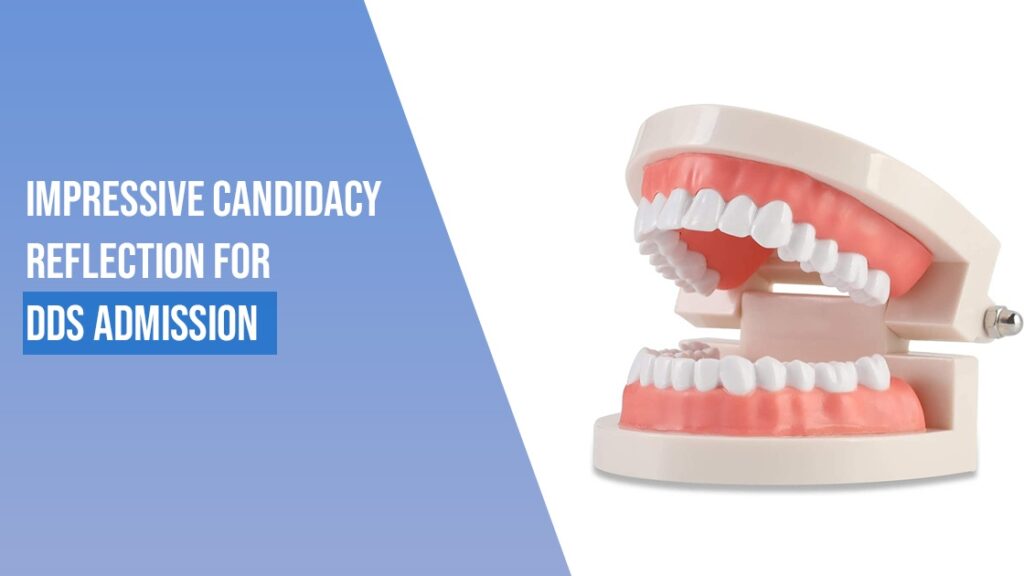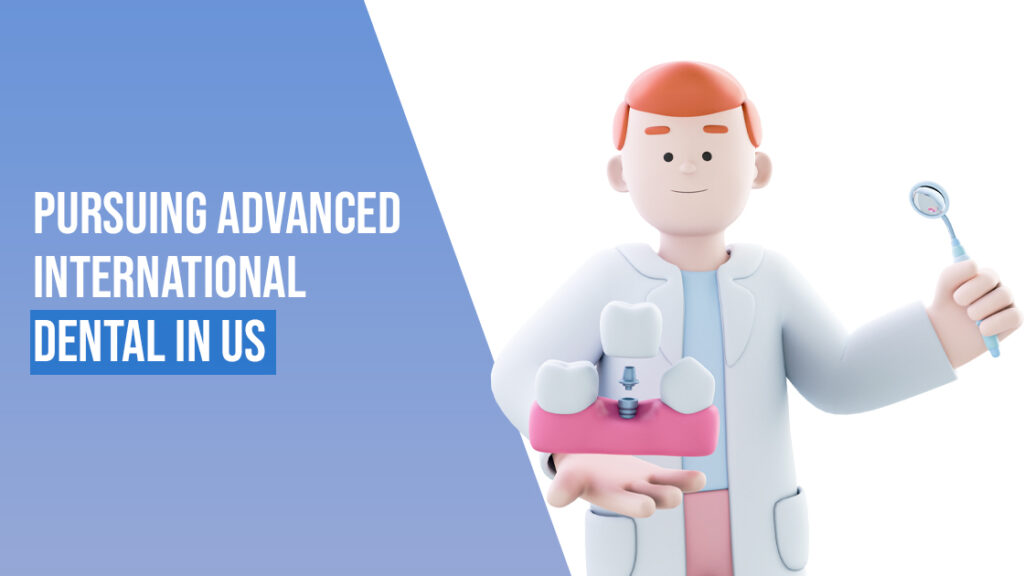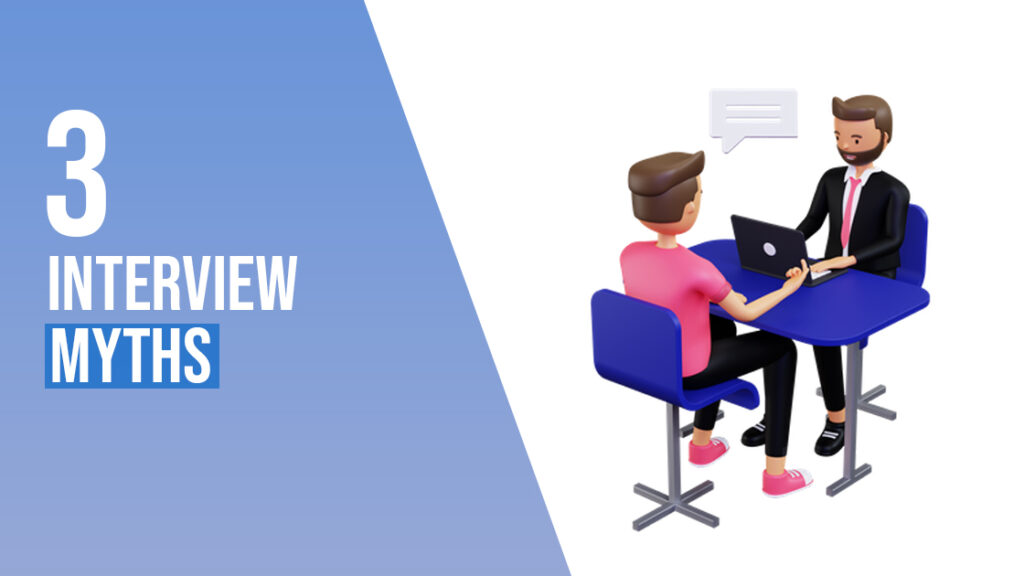Imagine yourself as the Dark Knight, Batman, on a mission to save Gotham City. Now, would you rather play the role of a lowly thug, destined to be defeated by the Caped Crusader? Of course not. Similarly, when crafting your Personal Statement (SOP), you should be the star of your own story.
That is precisely the objective of your Personal Statement – to afford you a chance to showcase yourself to the admissions team. So make it count; use it as a canvas to paint a vivid picture of your life and your purpose, highlighting your unique strengths and experiences. Remember, you are the only one like you in the whole world, so make the most of that!
It’s true, there’s no set formula for creating the perfect SOP. However, at CAAPID Simplified, we’ve had success in crafting head-turning Personal Statements for DMD-DDS aspirants. Follow our simple ideas, and you’ll be on your way to creating a winning SOP that’s under 5,200 characters.
WHAT IS A STATEMENT OF PURPOSE (SOP)?
As the name suggests, it is merely a narration of your purpose – the reason behind any action. The ‘why’ behind the ‘what.’
More specifically, the CAAPID Personal Statement is a statement explaining why you want to join the school’s dental program and an attempt to convince them to choose you over hundreds of other applicants; it is an essay that outlines your background, personality, and aspirations.
However, in more candid terms, your Personal Statement or personal statement is the voice that speaks in the ears of the discerning dental schools to create a clear picture of you and your fit in its student body.
In ADEA’s own words, it is a one-page essay that gives dental schools a clear picture of who you are and, most importantly, why you want to pursue a career in dentistry.
HOW IMPORTANT IS MY Personal Statement?
Rather – does the Personal Statement really matter? Contrary to popular belief, YES, for it appeals directly to the admissions team.
Agreed, there are more quantifiable yardsticks that the school uses to assess the candidate – an INBDE pass, 3 points something GPA, a 95+ TOEFL; and of course, how strong and versatile is your profile as against the next applicant’s. However, what could set you apart from the herd – most of them with similar profiles – is your Personal Statement.
So, your Personal Statement is your chance to create that first impression on the dental school. It is a foot in the door to the interview room. And that is its raison d ’étre – to make the committee interested enough in you to want to meet you.
WHAT DOES THE ADMISSION COMMITTEE LOOK FOR IN AN Personal Statement?
Let’s accept it – while there will always be those few applicants in every cycle whose brilliant profiles shine like a guiding light, most of the others have, excuse the usage, a ‘regular’ profile. And that is where an SOP could come to your rescue, like a knight in shining armor.
And that is what the admission committee looks for in your Personal Statement – to be your proxy in answering the following questions:
- Who are you?
- Why Dentistry?
- Why Dentistry in the US?
- Why you?
And in the process, answer those questions in such a way that the reader will not be able to ignore either your Personal Statement or the person behind that statement.
Easier said than done, as we now arrive at our next conundrum –
HOW TO WRITE A WINNING Personal Statement?
Now isn’t that the million-dollar question? If you are wondering, ‘I am a dentist, not a writer.’ Yes, you polish your teeth. You fill them. Sometimes you extract them. Extracting words, filling paragraphs, and polishing sentences are not necessarily your cup of tea!
But look at it this way – your Personal Statement is simply your life story, and very few can resist the temptation of a good story. And then, penning that perfect SOP should be easier. After all, it is not rocket science.
With some introspection, a little guidance, and generous help from spell check/Grammarly, you can be a successful storyteller/autobiographer too!
Plus, you have us guide you along your journey. The below sections will help demystify how to answer the above questions, creatively. So read on, as we guide you on how to draft your v, with examples and tips on what to do and what-not-to-do.
A ROADMAP TO CRAFTING YOUR Personal Statement
While you navigate this detailed write-up on drafting your SOP, we also suggest you listen in on our webinar where our CEO and Coach Flynn George addresses queries from applicants on brainstorming for ideas to pen a winning Personal Statement.
Where do I start?
There is only one way to start writing – by putting pen to paper (rather, fingers to keyboard). Of course, you need a fair bit of brainstorming as well.
- Recollect – Your journey so far. What got you hooked on dentistry in the first place. All that has transpired to bring you to this juncture of your life. Identify 3 – 5 instances in your life – childhood, college, volunteering, dental, or even non-dental – that had an impact on you. Even everyday experiences that help showcase a personality trait. See this sample:
- I remember using excessive force to separate a fabricated denture from its cast which resulted in the denture breaking apart. My mistake shamed me, but my all-knowing professor calmed me – mistakes are human but it is important to learn from them. An opportunity presented itself in a couple of years when I flawlessly repaired an actual denture broken in a similar manner.
- Just like how the sample above gives better clarity than our wordy instructions in the first 5 lines, an incident-inference approach is more effective than merely stating
- “I learn from my mistakes!” So work your grey cells – brainstorm for a few ideas; remember, to quote 4 incidents, you might need to generate 10!
- Write. Jot down those brain waves – simultaneously. Do not wait for the thought process to take shape entirely – just write. You will realize that the thoughts and words flow in tandem.
- Read. No, not dental publications (a great idea to help enhance your candidacy, but not for your SOP), but your own draft, the sections you have written previously. And then re-read.
- Rewrite. Twice, thrice or 20 times. Until you are convinced.
- Repeat. The process of writing, reading, and rewriting. Until the SOP sounds like you. With every fresh read, a new perspective could evolve. Hence the iterative process.
- Review. And finally, get it reviewed. As important as writing your Personal Statement is to get it reviewed – by people in the know. Could be your cousin in the US or your mentor in college.
Basically, by someone who knows you and/or the admission process; by someone whom you can trust – someone who will call a spade a spade but will not shovel you under either.
How should I construct it?
Like any written essay, your Personal Statement should consist of an
- Introduction – Make it catchy, colorful, and captivating. Look at this opening –
Say hello to ‘Little Miss. Picky’ – that’s what my family calls me, courtesy of my obsession over even the smallest of detail in all that I do. Even as a little kid, I remember flossing until every particle got flushed and brushed out. No wonder I chose to become a periodontist. After all, my profession employs attention to details to deliver the best possible health outcomes.
That opening is likely to catch the eye of the reader and pique their interest in this little Miss. Picky! And you’d agree that it sure is more memorable than a generic, non-committal,
“I was always fascinated by dentistry and even as a child I diligently flossed my teeth!”
- Body – Your personal journey. Talk about your achievements and inspiration, your regrets and key takeaways, and your transition from a dental student in your home country to who you have become now and aspire to be in the future. You could even narrate a mundane incident that taught you something – about yourself, about dentistry, or about the world at large.
The ideas that you generated, and experiences you remembered, during your brainstorming session shall come in handy here. All you need are 3, or even 4 experiences (non-dental could work too) that clearly draw a sketch of you. Incidents that will act as visual planters in the minds of your readers; a brand recall. Differentiate yourself through such incidents.
Take the below example for instance:
All of 22 years, one fine day I found myself the sole dentist on duty. A young man was my only scheduled patient of the day. When he opened his mouth, I noticed a massive tumor within. Worried, I called in our OMFS surgeon, who recommended a biopsy straightaway. Just when I was about to begin the procedure, I wanted to take another, closer look. The second inspection revealed a hemangioma, which would have resulted in a huge mess if I had biopsied it. This tiny accomplishment gave me the confidence that I was making the right choices.
A rare experience, with no major life lesson other than highlighting the writer’s decision-making abilities and confidence! But it is sure to leave a recall value in the minds of the reader.
Catch this video as well – even though it talks about interview questions, it is still relevant here.
Is it enough to say “I am an empathetic soul?”
NO. Trust us, 99 out of 100 applicants would have said the exact same thing. So how are you any different? But when you extol upon it with a statement saying,
“As the secondary caregiver for my speech-impaired sibling, I imbibed empathy and understanding of non-verbal cues at an early age!”
you have pushed your Personal Statement to the next level!
What’s more, you can tie these incidents up in a single common theme as well! Sports themes, quotes-themed, and even Harry Potter-themes – have all worked well in the past.
- Summary – A misnomer, if you ask us. This paragraph need not necessarily summarize your Personal Statement; instead, it should reiterate your fit and your aspirations. Read this one below:
I truly believe that a million-dollar smile is not the prerogative of the Julia Roberts’ of this world. Not everyone may be born with a beautiful smile – but they can all be gifted one! Whether among the privileged few or the underprivileged, good health (dental or otherwise) is a basic necessity. And as a dentist-cum-public health enthusiast, that is all I aspire for – an opportunity to make this world a happier place with more smiling faces in it.
It clearly tags this applicant as someone who is keen on smile engineering with a community health inclination. And with a couple of memorable lines, this Personal Statement, and therefore the applicant, may become etched in the minds of the reader.
Does it have to follow any specific writing style?
No – there is no one-size-fits-all! SOPs can (should) be as unique as you and as creative as you can visualize.
It could be a
- Conventional narrative – a chronological recount of your childhood, what (or who) inspired you upon this journey, and talk about how your dental education impacted you (or your imprint on dentistry), the reason behind the move to the US! And of course what your aspirations are and how you are a great fit for the university.
or
- Non-linear narrative – a back-and-forth tale of your aspirations, motives, learnings, etc. However, ensure the message doesn’t get mixed up in the melee.
WHAT ARE THE MOST COMMON MISTAKES APPLICANTS MAKE IN THEIR Personal Statement?
- Not planning ahead – The most oft-repeated mistake applicants commit while penning their Personal Statement is not planning sufficient time for actually writing their Personal Statement. The attitude that, ‘it will take me only a few hours!’ is self-sabotage. Remember, as we mentioned earlier as well, it could take anywhere between a week to a month to merely get your thoughts and words in place. And with every re-read, newer ideas could crop up, requiring a revamp of the existing version.
Plus, you also have to factor in the time required to get it reviewed by a trusted someone. Hence plan in advance; start at least 3 months early, and keep revisiting it every now and then.
Last-minute additions and subtractions can always be made subsequently, but eleventh-hour compositions will not do justice to all the effort you have put in to build your profile.
- Tweaking a friend or senior’s Personal Statement – Simply editing the facts of your senior’s Personal Statement will not make it your personal statement, now, will it? While it is okay to read through others’ Personal Statements, it is not okay to copy them. Simply because it will not sound like you and not reflect your own journey and battles.
Read their Personal Statements, and draw inspiration from them. But then, create your own. Even if it is simple and straight from the heart, it should be from your heart.
- Choice of language – Remember the Friends episode where Joey uses the thesaurus option to write a record for the Bings? Hilarious on TV, but a turn-off in real life.
Sorry non-Friends fans. What we are trying to convey is, in order to catch the eye of the reader, it is not always necessary to use sophisticated language, jargon, and cliches. It is more important to sound like yourself and if who you are is simple and uncomplicated – then so be it!
- Making your Personal Statement a rendition of your CV – That’s a strict NO! It is a Personal Statement, not a CV Recitation!
Rather, show the admissions committee who you are, what you have achieved in the past, and aspire for in the near future. Illustrate what motivates you!
Can you spot the difference between the following 2 narratives?
“I pursued my BDS from St. Xavier’s College in Calcutta; I was an exceptionally diligent student and scored a GPA of 3.9. I presented 12 papers and also won 2 poster competitions, 1 of them in a dental conference in Malaysia. I was named the Outstanding Student of the year”
vs.
“I realized that while I excelled at academics, my actual flair rested in research and paper presentations. The dental conference in Malaysia where I competed and won against 25 participating colleges, not only showcased my technical knowledge and communication skills, but also exposed me to the ground-breaking research being pursued globally. Upon my return, I shared my newly-gained insights amongst my peers, and brought them up to speed with the latest trends.”
Both versions narrate the applicants’ similar feats. The first is precise and brief, and the latter is visual and outlines a cause-effect reaction. But the second one highlights the candidate’s skills, penchant for research, and also their cooperative spirit – basically his/her persona implicitly.
Now answer – which do you think is memorable? Which of the two applicants would you want to meet?
And with that question, we rest our case!
By now, we believe we have thrown enough light on a number of questions nagging you with respect to your Personal Statement.
Here are some more quick tips for the aspirant writer in you! Read on!
TIPS!
Some pointers to tip the scales toward you!
- Spend some time drafting your Personal Statement – Quite some time actually, after all it is a summary of >20 years of your life!
- Be honest – neither exaggerate nor underestimate
- Limit the use of superlative adjectives unless fully justified – A 3.3 GPA is not reflective of exceptional academic performance; similarly an arrears/supplemental in one subject is not a shattering loss.
- Understand cultural sensitivities – what is taboo in your home country might be less so in the US and vice versa. Talking about failures, maternity, or even mental health is not looked down upon. However, do take care to not make the entire Personal Statement about them.
- Run a spell/grammar check – Rookie mistake to not do so. Nobody likes spelling mistakes.
Also read –
Rectifying Re-application Dilemma


